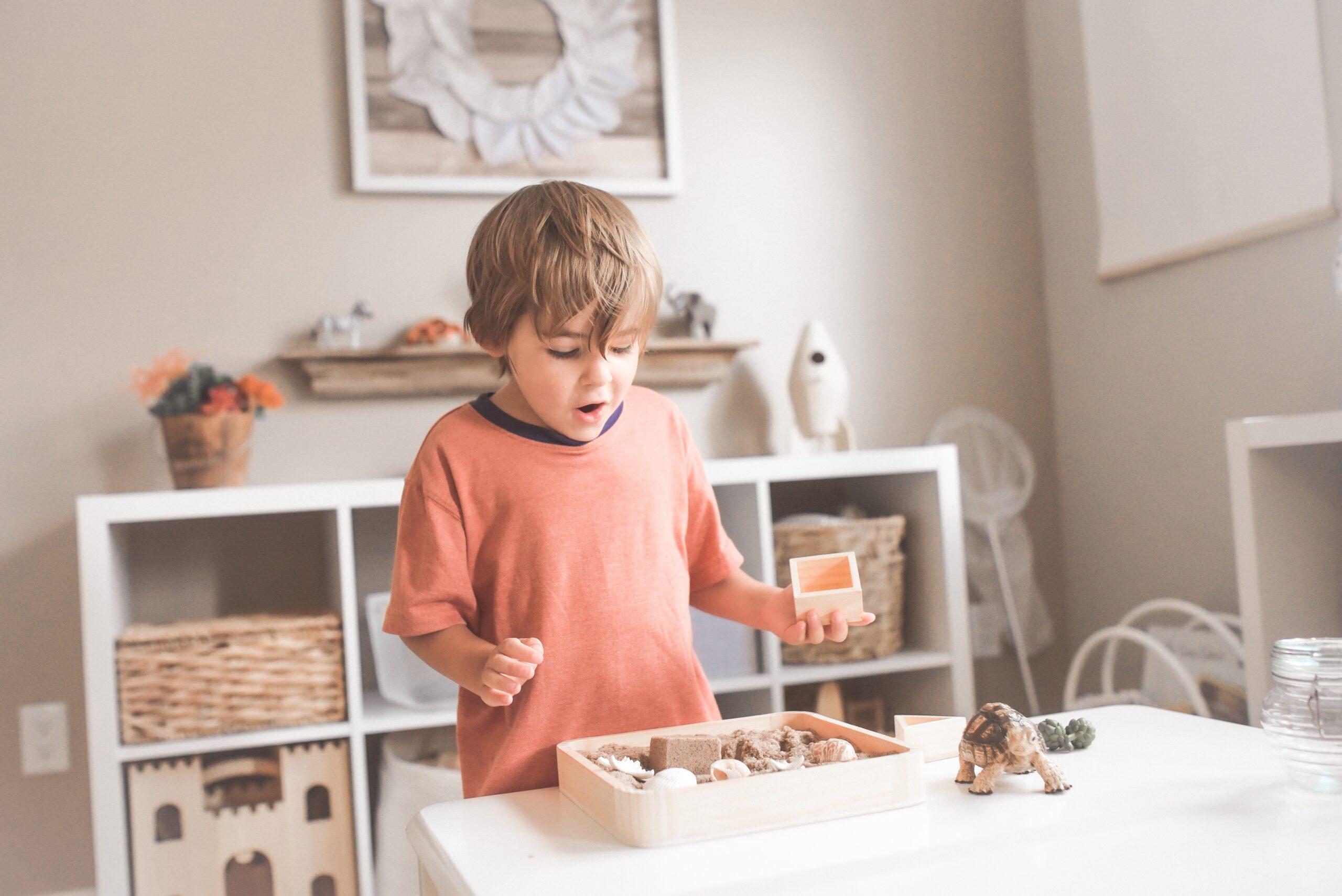Your child has autism. What would go through your mind if you heard those words? Would you freak out? We felt this shock when we first learned of our kids diagnoses, but then we learned to live and grow with it. Autism is a spectrum disorder, which means it affects every child differently. Theres a saying: The autism spectrum is so wide that if youve met one child with autism, youve met one child with autism. Even the children with similar deficits present them and learn to cope with them in different ways.
Many people mistakenly equate acceptance of the diagnosis with surrender. Its really not the case. There are certain things you will need to accept, chief among them is that theres no cure. But it doesnt mean conditions wont get better than they are now. Delayed and slowed development dont equate to no development. Children will still grow and learn. The processes are just going to take longer, be harder, and require more effort.
Once you accept the things you cant change, you can focus your energy, efforts, and resources on the things on which you can have an impact. With that in mind, here are some tips to help you out when facing a diagnosis of autism:
- Manage expectations. This is a marathon, not a sprint; youre not going to fix this overnight. This is a life-changing event for you and everyone who is a part of your life. Go with what you know and can do. For example, just because your kid cant play in little league doesnt mean he cant ever play sports. Our children are now competitive ice skaters! Why? Because when you like to spin and dont get dizzy, its considered a skill in figure skating. Measure success in months or years, not days. Sometimes it will feel like youre getting nowhere, until you look back six months, and realize how far your family has come.
- Get early intervention ASAP. Time is your enemy. Studies have shown that the earlier help is given to address the needs of a child with autism, the better. You might have to fight the mentality that theyll grow out of it. Most children can improve, but only with a lot of help. Yes, it can be a bit of a pain and feel like youve given up your privacy when there are so many people offering assistance. Look at the bright side, you will be able to actually leave the house again. And privacy, for us, is reserved for weekends.
- Learn the techniques. The therapists wont live with you 24/7; you have to be involved, too. They arent just training your child; they are also training you. The therapy techniques may seem counterintuitive in the beginning. Like we did at first, you may want to argue philosophies to learn as much as you can. Remember this: The techniques work and are worth it.
- Learn the lingo. Autism experts use a boatload of acronyms, and you need to be able to communicate with them. Yes, its like learning a Martian language. There is a plethora of jargon that makes no sense at first. However, take the time to figure it out, and take notes.
- Take care of yourself. Youre allowed to have fun, and you cant advocate for your child if youre burned out. This is really, really important. The first thing we all forget to do, or feel too guilty to do, is have fun without the kids. Find an outlet for happiness and stress relief, and make yourself stick to it. Make sure you remember youre in this together. There is no need to feel guilty about needing a date night, learning karate, or even just going to a grown-up movie that has absolutely no animated characters.
- Dont lock yourself away. You and your child need to be exposed to the world. Whats the point of all this work if youre not going to live? We all practice avoidance at first because its easier than the alternative. Its tough to go through the routine of getting ready to only spend a short amount of time outside. Do it anyway. The time eventually gets longer. The first time we went to Disneyland, we lasted maybe an hour. We can last all day now, sometimes.
- Watch out for each other. Divorce and caregiver depression is a big concern. Your partner is the only person who knows what youre going through. Talk to the that person. Share your feelings and hugs.
- Dont try to go it alone. You will burn out if you dont take care of yourself and your relationships. Have a support system of family and friends who can help out. And some of those relationships need to have nothing to do with autism. You are more than your childs diagnosis. Having true balance in your life is incredibly important.
- Give up services when youre done. There are 50,000 kids diagnosed with autism every year. Resources are more limited now than ever. There is literally another kid in line behind yours waiting for help. And we know how difficult it is to give up something for which you fought so hard, but the point of the therapy is to graduate when the time comes.
- Dont blame yourself. When you can forgive yourself, you can better focus on helping your child. Accept what you cant change, and then fight like mad for everything else.
Autism parenting is still parenting. Its just a heck of a lot more intense. You are a parent first. Your child still knows how to push your buttons better than anyone else. We always tell folks, autistic, not stupid. Never confuse the two, or they will own you. And never, never confuse disability with inability.



